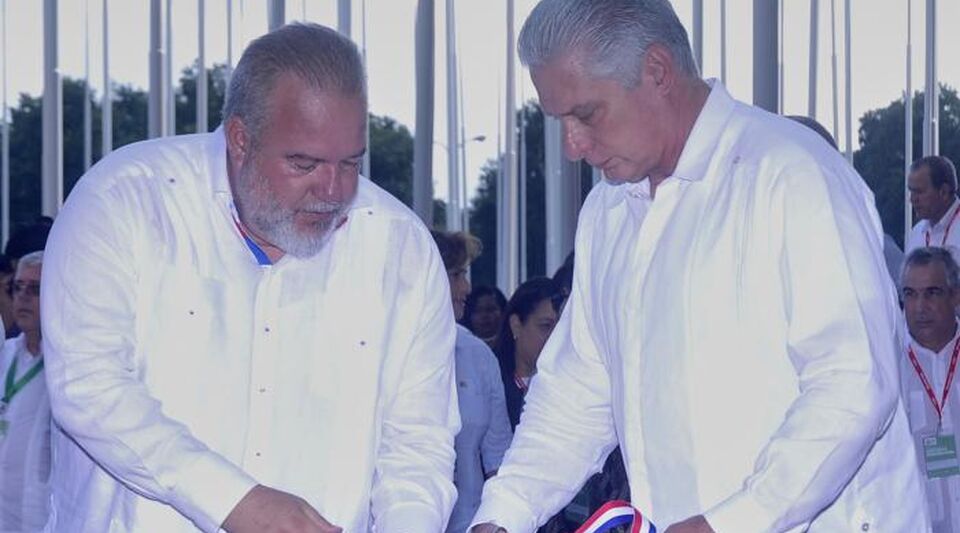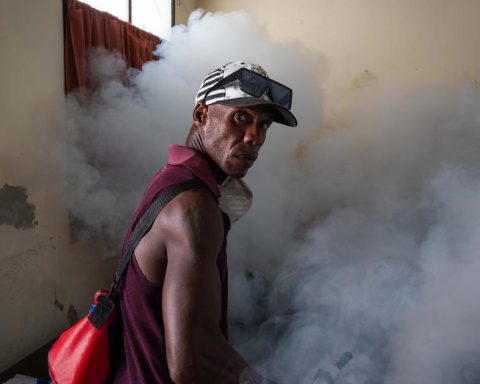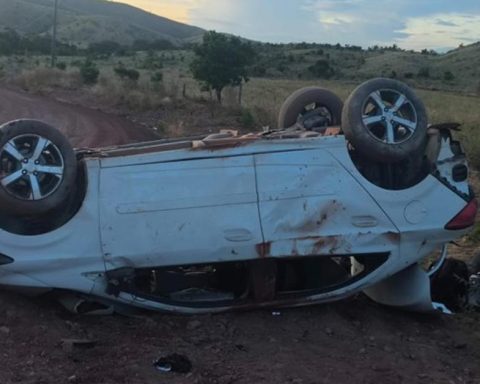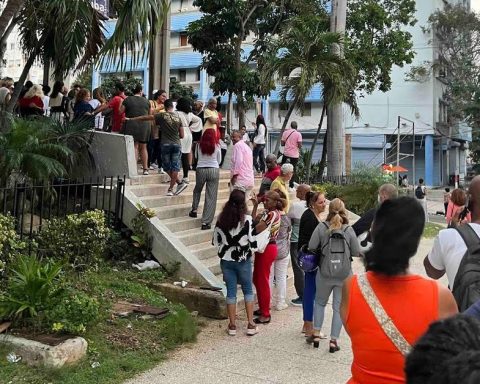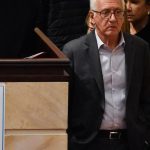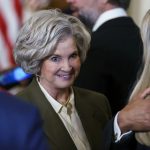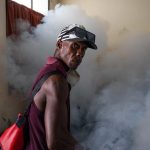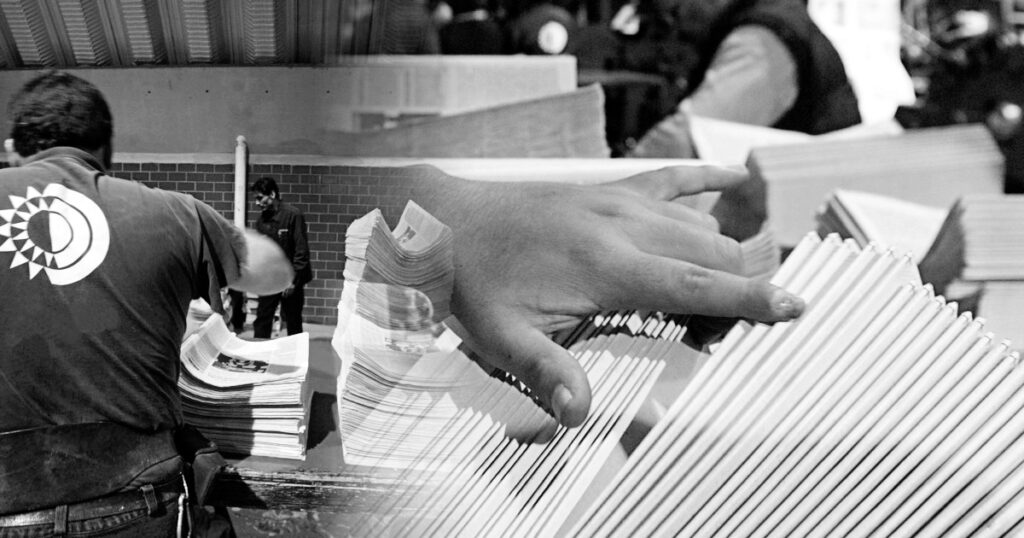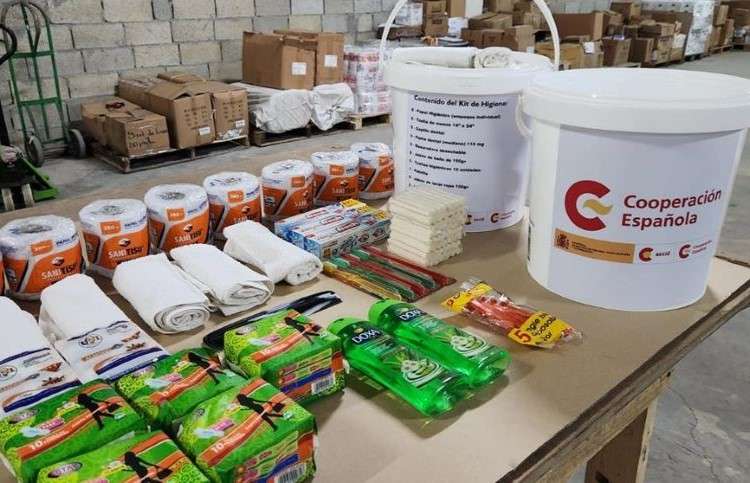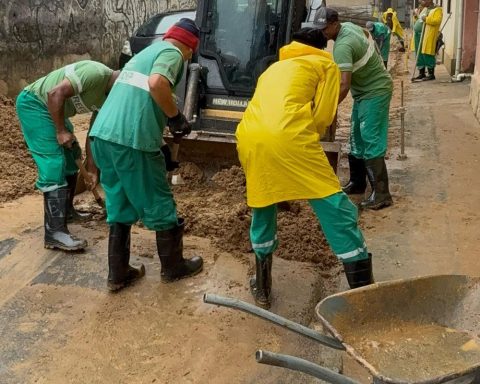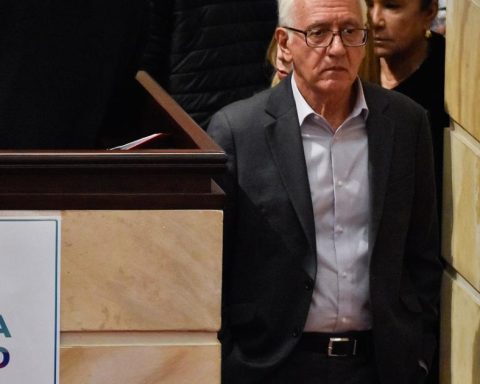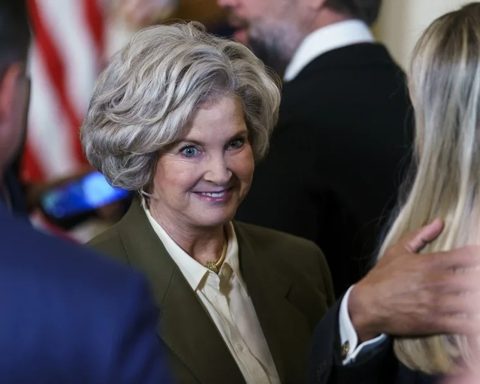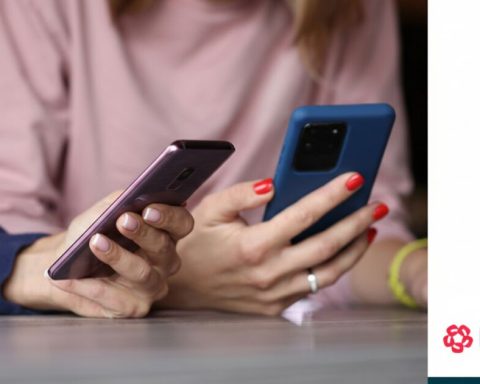After two years on hold, the Havana International Fair (FIHAV) was inaugurated this Monday with the presence of President Miguel Díaz-Canel, on the hunt for foreign capital that is arriving little by little. Despite the expectation that the ruling party generates around this event, its ability to attract foreign currency has been shown to be much lower than expected, as shown by the case of the Mariel Special Development Zone, whose projection was 2,500 million annually and barely exceeds 3,000 in nine years.
On the first day, the president visited the key stands for Cuba, which is why one of the stops that aroused the most interest was the one he made to the exhibitor of the business representation of the United States, of which Cuban-American businessmen are a part, with whom he spoke .
According to the Associated Press, the US delegation is made up of 14 companies, including Crowley, which specializes in maritime services, and Arkoss Grup, a food company that aspires to produce beers and preserves on the island. “We have been insisting for some time that it is foreign investment is open for North American companies and for Cuban-Americans. The important thing is to find the paths, the business modalities through which we can move forward,” Díaz-Canel told a group of selected journalists. “We have not put up a barrier with that. It is the blockade that has put up the barriers,” he argued.
“We have not put up a barrier with that. It is the blockade that has put up the barriers,” he argued
Asked by the foreign press if “there is a way out at the end of the tunnel”, in reference to the embargo, Díaz-Canel replied: “I think there have been lights for a long time.” Next, the president insisted that the US government prevents negotiations not only with businessmen from his own country, but also with those from other states, harming foreign investment.
Prime Minister Manuel Marrero also made express mention of Cuban-Americans who “come to offer their products” and added that the island continues “working on the diversification of state ties and foreign investment.” We will have to wait until Wednesday, when the panel with US businessmen of Cuban origin is held, to find out more details.
The rest of the president’s stops on that first day were, almost exclusively, at the stands of friendly countries, the most striking being that of Nicaragua, where he met the Minister of Commerce and conveyed “a strong greeting to the commander (Daniel) Ortega and fellow Vice President Rosario Murillo”. “Nicaragua can count on Cuba for everything,” he added, before explaining the authorities’ interest in having the country’s businessmen invest in the island because their products would be “very well accepted by the population.”
On the priority route, other mandatory stops were China and Russia. The first, in whose representation Beijing North Star stood out –technology, information technology and electronics– and Yikoto –textiles, construction materials and parts for cars–, is the second commercial partner of the Island and Díaz-Canel wanted to highlight it, flattering the relations between both states. “Cuba is not alone, because there are friendly countries like China that are with us and despite the difficulties they continue to bet on the Cuban market,” he said.
Regarding Russia, the president inaugurated the pavilion of the country’s Ministry of Industry and Commerce, for which he was attended by the ambassador, Anatoli Guzkov, who wished Cuba success during the event.
Díaz-Canel also visited the stands of Brazil and the United Arab Emirates, a country with which Cuba maintains increasingly intense relations, especially since in 2020 they renewed bilateral agreements on health and culture. In addition, he was also in the Cuban exhibitor, which has the presence of 400 national companies. However, he did not stop at Spain, the country’s third largest trading partner and with a wide presence at the fair, to which the official press, however, has given notable prominence.
The plant, an investment of 39.5 million euros in a 40,000 square meter piece of land, aims to generate some 300 jobs and its capacity is 28,000 tons of products per year
The big event of the day, in any case, was the inauguration of the new Unilever Suchel plant, which will be in the ZEDM and will produce personal and household hygiene items, a task that this mixed company created by the association has been carrying out for several years. of the British-Dutch multinational with the Cuban part, Nexus. The first stone of this factory was laid in 2006, so it was not surprising the expectation raised, which brought together the presence of senior officials of the Cuban Government, as well as the ambassadors of the Netherlands and the United Kingdom.
The plant, an investment of 39.5 million euros on a 40,000-square-meter piece of land, aims to generate some 300 jobs and its capacity is 28,000 tons of products per year, including toothpastes, liquid and powder detergents or soaps, among others, according to Ignacio Segares, general director of Unilever Caribbean and Central America.
Both the manager and the authorities present praised the environmental policy of the factory and its high environmental standards, but above all the contribution that they will make “to the stable supply of the national market of products of international brands and qualities, given the growing demand of the population and that generated by tourism”.
“How good to supply the stores in MLC,” reacted a reader to the news, published in the official press. A sample of the doubts that exist among Cubans that events like these have an impact on the standard of living of citizens.
________________________
Collaborate with our work:
The team of 14ymedio He is committed to doing serious journalism that reflects the reality of deep Cuba. Thank you for accompanying us on this long road. We invite you to continue supporting us, but this time becoming a member of our newspaper. Together we can continue transforming journalism in Cuba.
